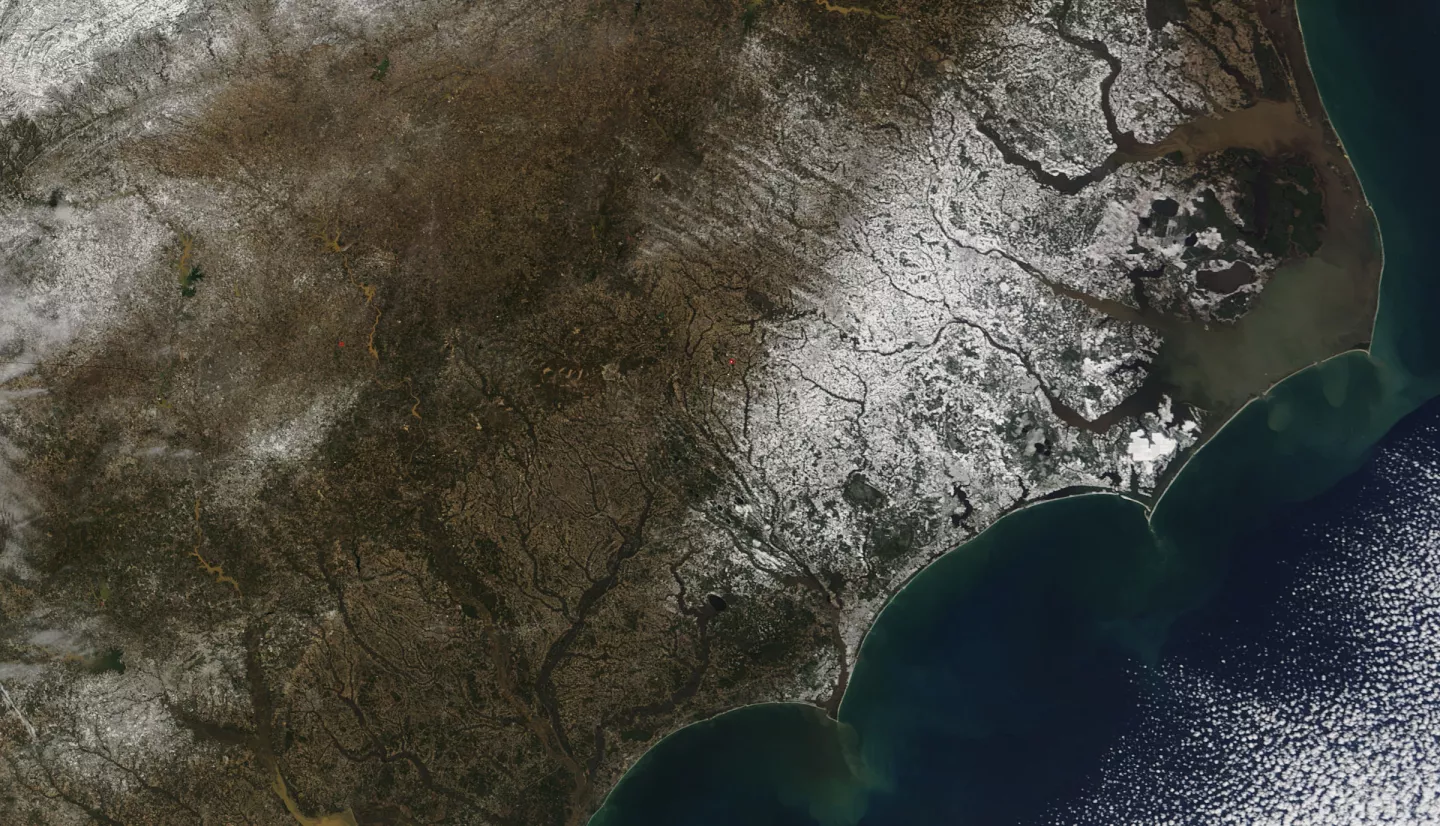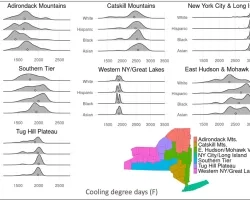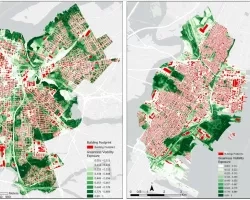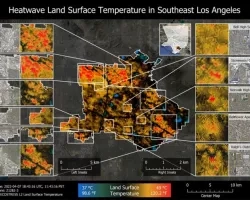Exploring synergistic opportunities between Charlotte-area environmental justice initiatives and NASA earth science information.
Team: Dr. Jacelyn Rice Boayue (North Caroline State University), Dr. Laurie Garo (Lifting Inspirations), graduate research assistant - Zed Bates-Norris (University of North Carolina Charlotte), and undergraduate research assistant - Yoniah Johnon (University of North Carolina Charlotte)
Executive Summary: The city of Charlotte, NC has a long history of segregation by race and income, demarcated by shapes referred to as the ‘crescent’ and the ‘wedge’. High percentages of both low income and minority families form a crescent around the central city, extending from Southeast to South-Southwest. The wedge-like shape in the South of the city, also known as the ‘wealthy wedge’, is populated by middle and upper income. These patterns are evidence of effects from redlining, urban renewal, and major transportation corridors. As a result, many residents of ‘crescent’ neighborhoods are exposed to increased environmental burdens such as air pollution. Related health outcomes, such as asthma and COPD, also align with the crescent pattern with prevalence rates above the national average.
The goal of the proposed work is to further our understanding of the potential of NASA datasets to advance Environmental Justice (EJ) initiatives local to Charlotte, NC. This central research goal will be accomplished through the following objectives: (1) identify and summarize opportunities for utilizing geospatial data science to advance understanding of environmental health concerns and inequities; (2) conduct a needs assessment to elucidate the needs, priorities, and challenges of Charlotte EJ Stakeholders; and (3) conduct a gap analysis to develop a strategy and recommendations for Charlotte EJ stakeholder’s use of NASA Earth Observation Data to advance current initiatives. We hypothesize that synergistic opportunities exist between current EJ initiatives being carried out at the Charlotte community-level, North Carolina state-level, and NASA (federal-level), for EJ initiatives to be advanced through the sharing of local knowledge and professional datasets.
Outcomes of this work will benefit the three levels of stakeholder engagement that will be targeted, including EJ community members, state organizations, and NASA. Workshop participants will gain the following insights: (1) how earth science data and participatory GIS has been integrated into prior environmental hazard assessments (including but not limited to EJ studies); (2) opportunities to expand their efforts with open-source datasets; and (3) collaborative opportunities between community members and state-level organizations. Through the project’s final report, NASA will further their understanding of the opportunities, challenges, and strategies for integrating Earth Data into EJ initiatives within the Greater Charlotte Community. The lessons learned through this study can also aid EJ initiatives at the national level, as we expect environmental issues and EJ movement obstacles to be common to several EJ communities across the U.S.



